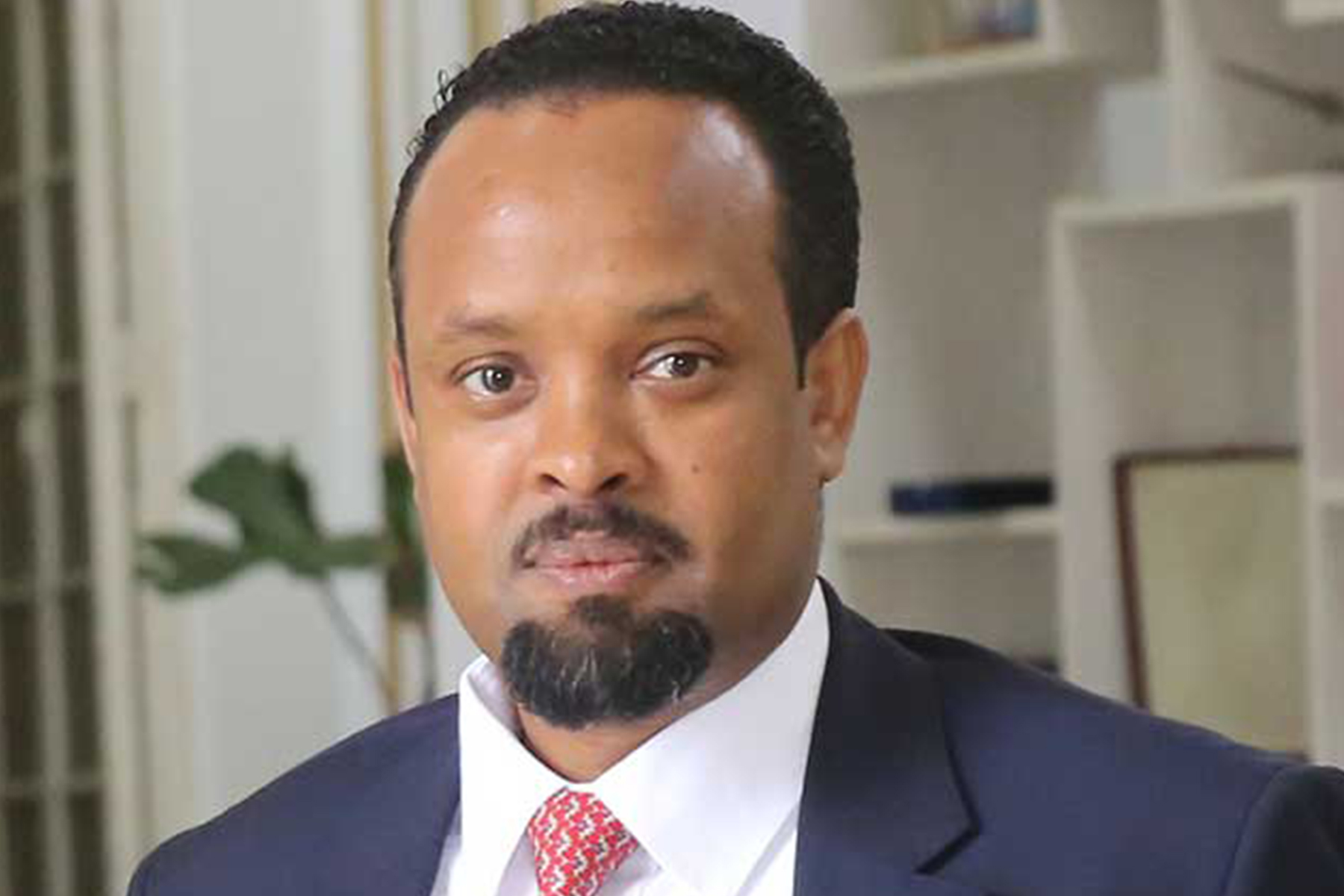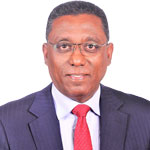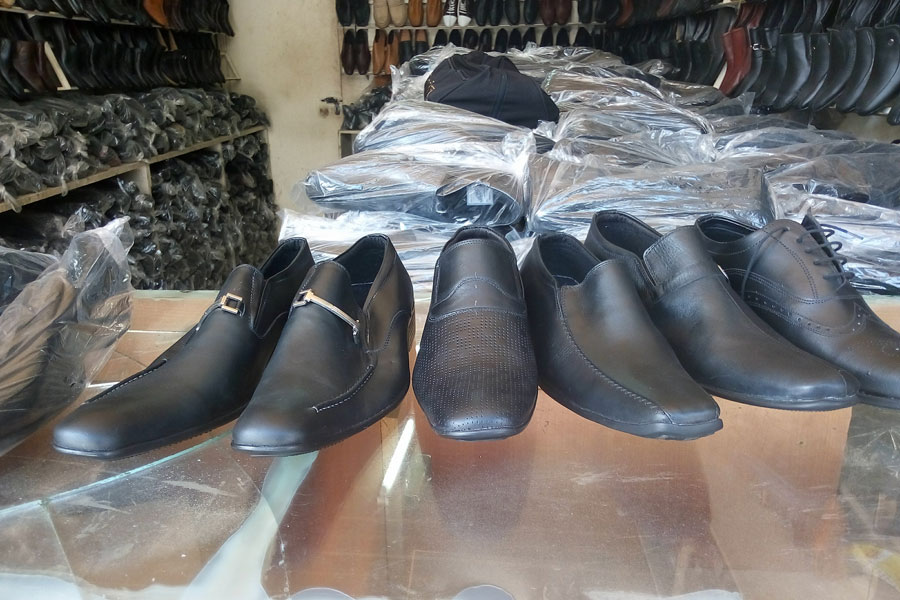
Radar | Apr 08,2024
Apr 20 , 2019
By Desta Mebratu (Prof.)
Achieving a sustainable outcome from the Addis Abeba Riverside Revitalisation Project requires coupling the top-down with a bottom-up process, which generates adaptive and emergent solutions, writes Desta Mebratu (desta@africaleapfrog.org), an extraordinary-professor at Stellenbosch University and head of a regional think-tank called ATLAS.
The Addis Ababa City Administration has launched a one billion dollar project to revitalise and convert the city's riverbanks into public spaces. This is a laudable initiative that is badly needed given the severe lack of public spaces in the city. It could also lead to multiple economic, social and environmental benefits provided that it is developed and implemented correctly.
While the rehabilitation of the river banks to serve as healthy public spaces is the primary objective, it is very critical to look at the immediate and long-term economic and social dividends that could be obtained from the implementation of this project. Such considerations will significantly contribute to establishing a broad sense of ownership of the project by the residents and communities, besides determining the overall sustainability of the project.
Nonetheless, there are a couple of questions that need to be critically considered to have such an outcome.
How does the overall design of the project fit seamlessly with the ecosystems of the river catchments? How can the implementation of the project promote local creativity and capacity building? How many jobs does it create both in the immediate and long-term and maximise the contribution of the project to the local economy over its lifetime? And how could it serve as a basis for broad participation of all stakeholders?
One of the primary reasons why most urban development projects in developing countries fail is due to their selective attention to top-down planning and implementation approaches that are focused on achieving a fixed end-state under a tightly controlled and restrictive process. Such an effort mostly ends up transplanting solutions and structures that are either completely disconnected from the local context or significantly inefficient.
The city administration seems to have decided to implement this project as a mega construction project that is aimed at achieving a fixed end-state. Such an approach will result in a significant number of missed opportunities besides making the sustainability of the project uncertain. While top-down policy guidance that provides the overall developmental framework is necessary, achieving a sustainable outcome from such projects would require coupling the top-down with a bottom-up process that generates adaptive and emergent solutions.
Fortunately, there are some local cases which could be used as a basis for facilitating an effective and efficient planning and implementation process that effectively combines the top-down with the bottom-up process. One such case is the Zoma Museum, which is located in Nefas Silk Lafto district, and which opened its doors to the public recently. This Museum, which was developed from scratch by two Ethiopians, is a microcosm of a sustainable system that combines ecological rehabilitation with social and economic development and artistic creativity.
The Addis Ababa River Bank Project could be instrumental in replicating such local initiatives across the city through a bottom-up process and thereby creating thousands of jobs while sustaining the long-term impact of the project. It could also serve as a practical education platform for a new generation of architects, engineers, ecologists and social scientists who are more creative solution providers.
There are some initial steps the City Administration should consider to facilitate such a process. It can establish a consortium of technical support institutions, including universities, NGOs and consulting companies that could provide professional guidance and input to the planning and implementation process. It can also organise youth groups that could be subcontracted in the implementation of the different components or segments of the river banks rehabilitation project and the subsequent management of the public spaces.
Identifying model cases such as Zoma Museum, which could be used as training and replication facilities for the project implementation, and facilitating their involvement will as well be crucial. The participation of local communities in the planning and implementation of the rehabilitation work in their respective localities should also be facilitated by the City Administration.
Most developing countries like Ethiopia are failing in their development efforts not due to lack of good intentions or finance but from the deployment of the wrong tools and approaches in transforming their plan into reality. I sincerely hope that the Addis Abeba Riverside Revitalisation Project will be saved from such failure.
PUBLISHED ON
Apr 20,2019 [ VOL
20 , NO
990]


Sunday with Eden | Oct 23,2021

Radar | Dec 28,2019

Fortune News | Jun 12,2021

Life Matters | Jun 04,2022

Radar | Sep 18,2021

My Opinion | 132038 Views | Aug 14,2021

My Opinion | 128435 Views | Aug 21,2021

My Opinion | 126362 Views | Sep 10,2021

My Opinion | 123981 Views | Aug 07,2021





Dec 22 , 2024 . By TIZITA SHEWAFERAW
Charged with transforming colossal state-owned enterprises into modern and competitiv...

Aug 18 , 2024 . By AKSAH ITALO
Although predictable Yonas Zerihun's job in the ride-hailing service is not immune to...

Jul 28 , 2024 . By TIZITA SHEWAFERAW
Unhabitual, perhaps too many, Samuel Gebreyohannes, 38, used to occasionally enjoy a couple of beers at breakfast. However, he recently swit...

Jul 13 , 2024 . By AKSAH ITALO
Investors who rely on tractors, trucks, and field vehicles for commuting, transporting commodities, and f...

Jul 12 , 2025
Political leaders and their policy advisors often promise great leaps forward, yet th...

Jul 5 , 2025
Six years ago, Ethiopia was the darling of international liberal commentators. A year...

Jun 28 , 2025
Meseret Damtie, the assertive auditor general, has never been shy about naming names...

Jun 21 , 2025
A well-worn adage says, “Budget is not destiny, but it is direction.” Examining t...

Jul 13 , 2025 . By YITBAREK GETACHEW
The Addis Abeba City Revenue Bureau has introduced a new directive set to reshape how...

Jul 13 , 2025 . By BEZAWIT HULUAGER
Addis Abeba has approved a record 350 billion Br budget for the 2025/26 fiscal year,...

Jul 13 , 2025 . By RUTH BERHANU
The Addis Abeba Revenue Bureau has scrapped a value-added tax (VAT) on unprocessed ve...

Jul 13 , 2025 . By NAHOM AYELE
Federal lawmakers have finally brought closure to a protracted and contentious tax de...